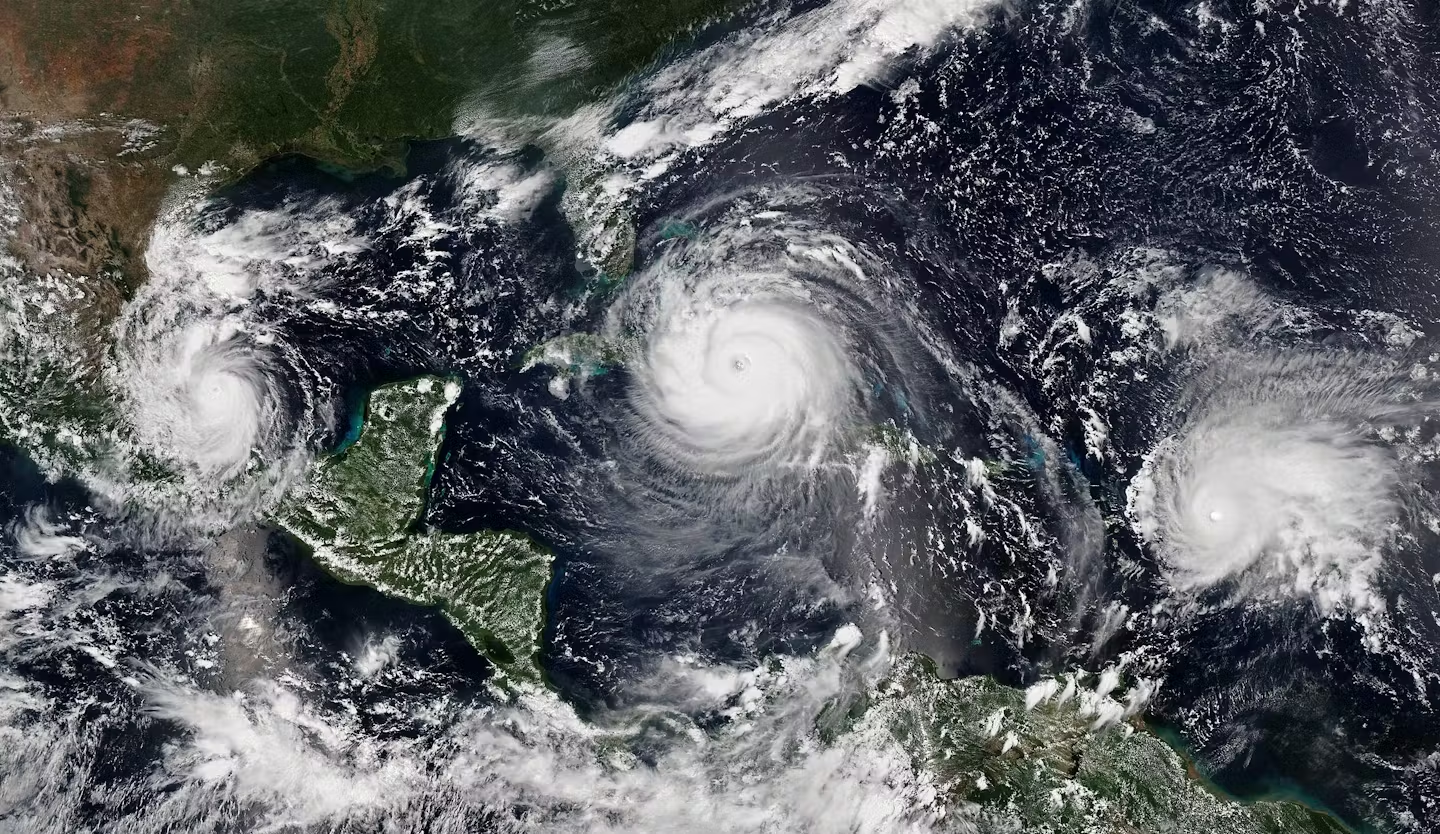As the new director of the National Hurricane Center (NHC), Michael Brennan emphasizes the importance of understanding the risks associated with hurricanes, particularly for those living in coastal regions spanning from Texas to Maine. Brennan urges residents to know whether they live in storm surge evacuation zones and to have a solid evacuation plan in place long before a storm hits.

Key Tips for Hurricane Preparedness
- Plan for Evacuations Brennan advises against waiting until a storm is imminent to plan for evacuation. Knowing where you will go, how you will get there, and what you will take with you—including pets and vulnerable family members—is crucial. Evacuations are not just about escaping the storm but also about avoiding hazardous conditions that can follow, such as a lack of medical services in affected areas.
- Water Hazards are the Most Dangerous According to Brennan, water-related hazards, such as storm surge and rainfall flooding, pose the greatest risk during hurricanes, causing about 60% of storm-related deaths in the U.S. He emphasizes that these hazards are not solely determined by the strength of the storm’s winds but also by its speed and the amount of rainfall.
- Trust Official Forecasts Over Individual Models Brennan stresses the reliability of forecasts from the NHC over individual computer models. While acknowledging the prevalence of public interest in various models, he emphasizes that the NHC’s forecasts are based on a blend of the best available data and model ensembles, providing a consistent and accurate prediction.
Building Community Resilience
Brennan underscores the importance of community in preparing for and recovering from hurricanes. He encourages residents to engage with their neighbors, especially newcomers to hurricane-prone areas, to share preparedness strategies and build a supportive network.

In preparing for the upcoming hurricane season, Brennan urges coastal residents to remain vigilant and prepared. By understanding their risks, planning for evacuations, prioritizing water-related hazards, trusting official forecasts, and building community resilience, residents can minimize risk and stress during hurricane events. Through these measures, Brennan aims to ensure that the NHC effectively communicates storm hazards to the public, helping communities stay safe and resilient in the face of hurricanes.
